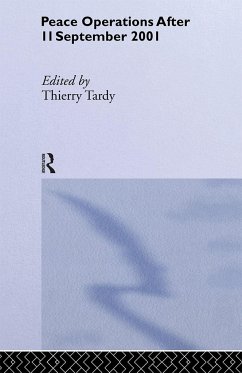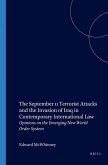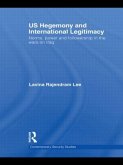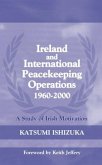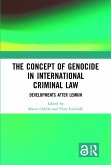This book explores the possible consequences of the events of 11 September 2001, and of the 'fight against terrorism', the way peace operations are perceived and conducted, and the way that states, international organizations such as NATO or the EU and non-state actors, consider these operations. The 11 September attacks illustrate the widening of the security agenda, the persistence of instability and the need to deal with it in both a preventive and a curative way. The events have had a major impact on US foreign and defence policies, on security policies, on the hierarchy of priorities, and US views of peace operations around the world. This book shows that these different elements mean that the 'international' environment of peace operations is likely to be modified, while the 'local' environment has remained largely unchanged.

